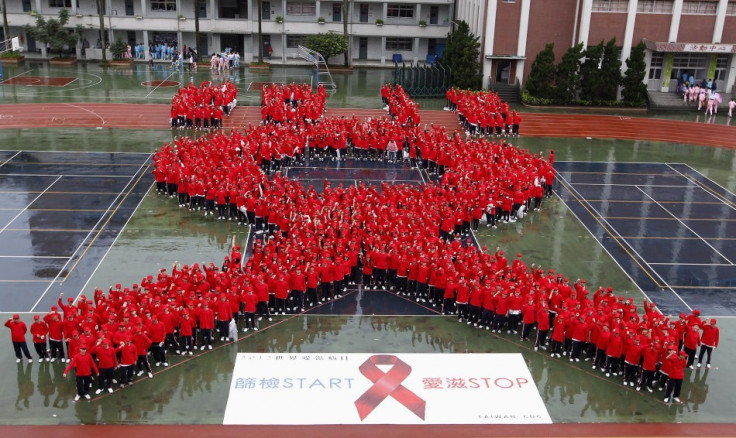Worms Responsible for African Women's High Proneness to HIV

A team of Norwegian specialists at a public health clinic in South Africa's Otimati province has explained the possible links of high rates of AIDS in African women.
The infectious disease specialists believe that African women are highly prone to HIV, the virus that causes AIDS, because of a chronic disease caused by parasitic worms picked up in swamped river water, The New York Times reported.
The disease called genital schistosomiasis (or schisto), which often go undiagnosed, causes fragile sores in women's vaginal canal. These sores may serve as entry points for HIV, according to the team's leader Dr. Eyrun F. Kjetland.
Moreover, the worms and eggs in the sores attract CD4 cells, which guard the immune system and are the very cells that are attacked by HIV.
Kjetland said that the worms can be killed by a drug and that his team was trying to determine if it can heal the sores in African women.
Nearly 60% of African women are victims of AIDS, which, the report said, is a "glaring" exception as a majority of AIDS victims worldwide are men.
The Otimati team's schisto theory for high vulnerability of African women to HIV has some opposition with AIDS experts saying that urban women raised far from infested water also die of AIDS.
However, the report said the worms theory has bagged support from big agencies such as the Bill & Melinda Gates Foundation, the United Nations and the National Institutes of Health, as well as from the Danish and Norwegian governments.
Schistosomiasis "is arguably the most important cofactor in Africa's AIDS epidemic. And it's a huge women's health issue: Everyone has heard of genital mutilation and obstetric fistulas. But mention this, and the headlights just go dim," Dr. Peter J. Hotez, dean of the National School of Tropical Medicine at Baylor College of Medicine, said in the report.
© Copyright IBTimes 2025. All rights reserved.





















